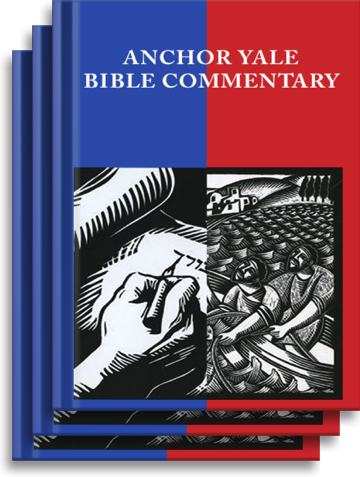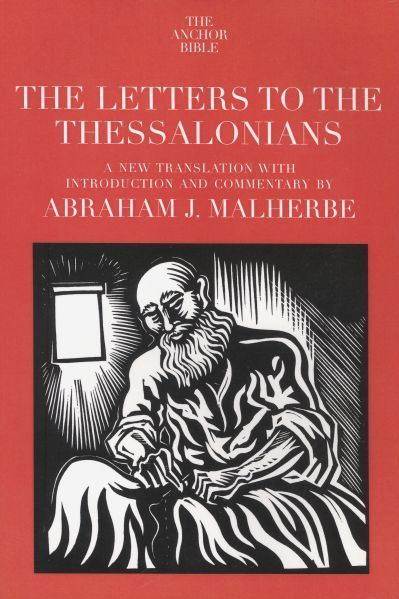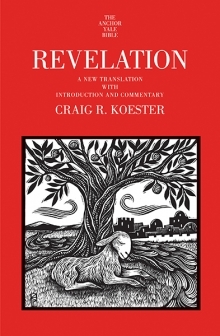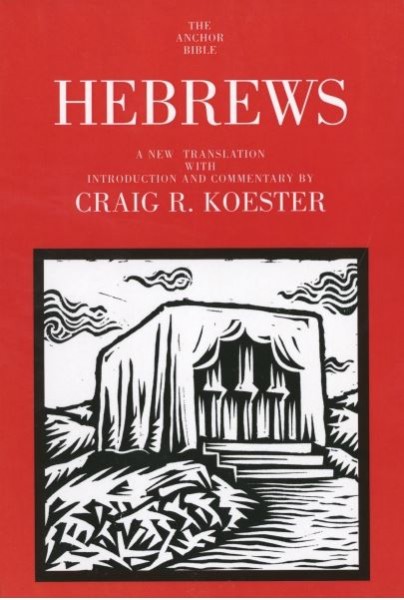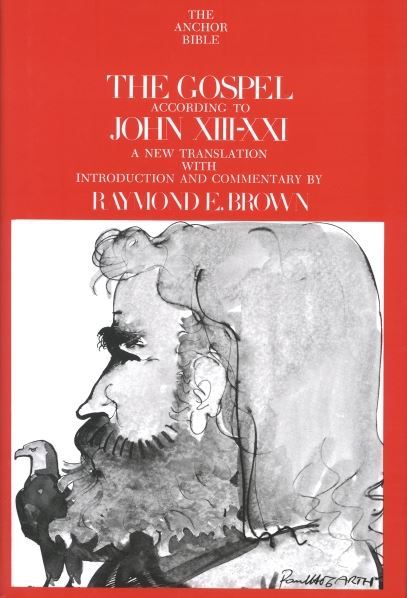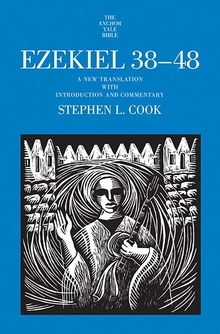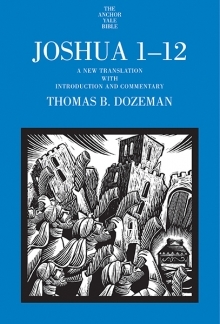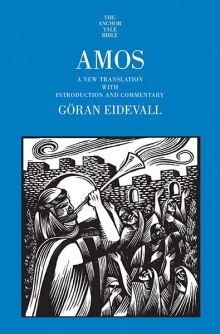



The significance of the First Letter of Peter for the formation of Christianity stands in sharp contrast to its brevity. John H. Elliott, a leading authority on this letter, brings its significance to life in this magnificent addition to the renowned Anchor Bible Commentaries. Elliott sets the letter into context, covering its literary, historical, theological, and linguistic elements. In detailed, accessible discussions, he draws on the latest research to illuminate the social and cultural influences on the Church in its initial years. Treating such important Petrine concerns as living honorably in a hostile society, finding meaning in suffering, and resisting social assimilation as the elect and holy family of God, the translation, notes, and commentary in this volume will help readers appreciate the powerful and enduring message of this fascinating letter.
John H. Elliott is Professor of Theology and Religious Studies at the University of San Francisco, a Lutheran clergyman, and a cofounder of the Context Group. In addition to numerous publications on various New Testament writings, especially from a social-scientific perspective, his books on 1 Peter include The Elect and the Holy, A Home for the Homeless, and the commentary on I–II Peter/Jude in the Augsburg Commentary on the New Testament. He and his wife live in Oakland, California.
THE ANCHOR YALE BIBLE COMMENTARY SERIES is a project of international and interfaith scope in which Protestant, Catholic, and Jewish scholars from many countries contribute individual volumes. The project is not sponsored by any ecclesiastical organization and is not intended to reflect any particular theological doctrine.
The Anchor Yale Bible is committed to producing commentaries in the tradition established half a century ago by the founders of the series, William Foxwell Albright and David Noel Freedman. It aims to present the best contemporary scholarship in a way that is accessible not only to scholars but also to the educated nonspecialist. Its approach is grounded in exact translation of the ancient languages and an appreciation of the historical and cultural context in which the biblical books were written supplemented by insights from modern methods, such as sociological and literary criticism.
